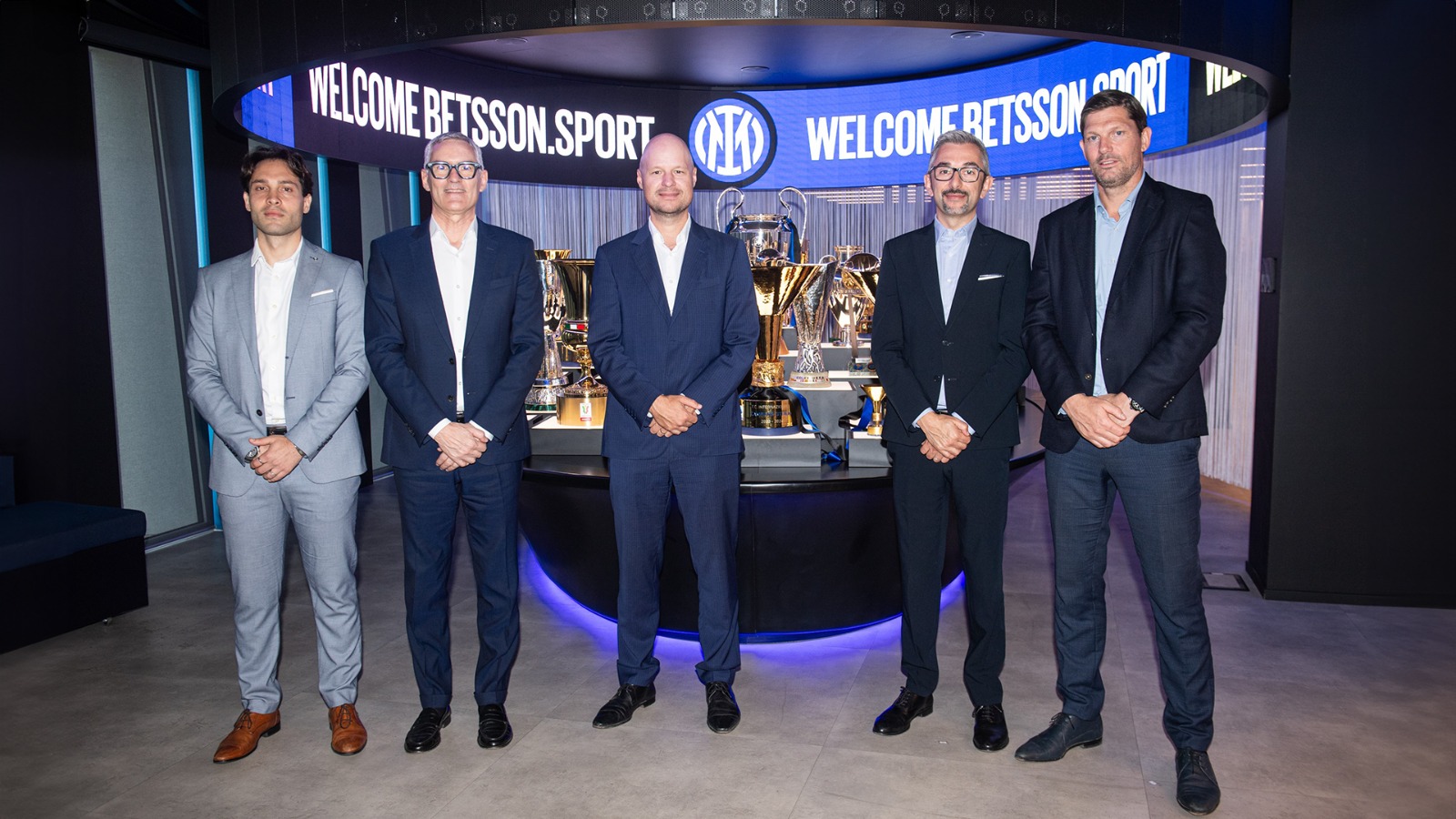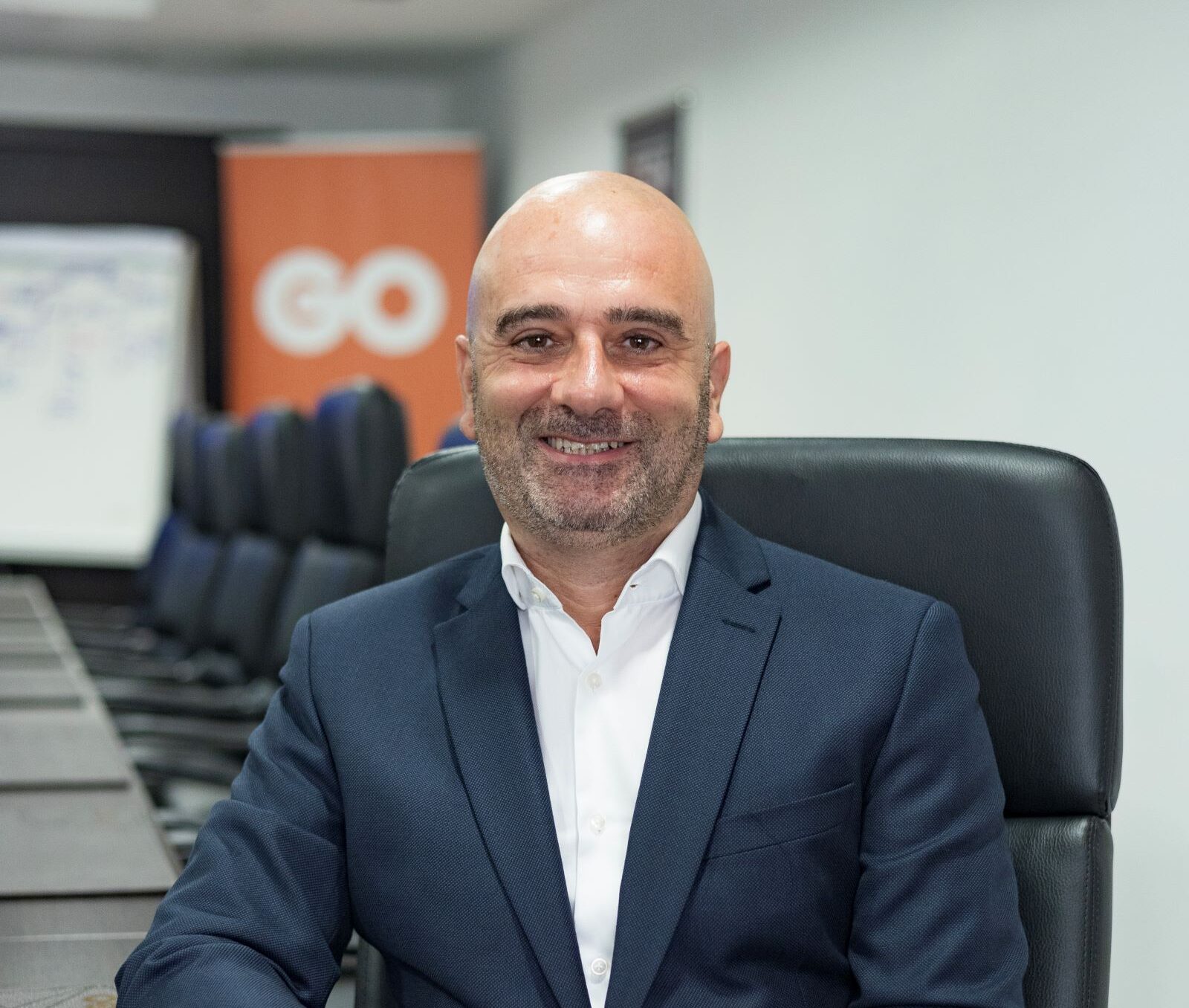The past year has seen companies take drastic measures to safeguard their business and workforce in equal measure, which spearheaded a global re-evaluation of work practices, causing many to rethink their models in favour of a more flexible and fluid approach.
Betsson Group has been at the forefront of this – and recently announced its new Hybrid Work From Home (WFH) model that has set a new standard in the industry, paving the way for others to follow suit.
Lena Nordin, chief HR officer at Betsson Group says the company has always stressed the importance of and given a lot of attention to employee experience, continuously addressing the various parts within it, including benefits, career development, employee activities and, “not least, supporting managers so that they are fully equipped to support the people reporting to them.
It’s a whole cycle and we invest in each part of it,” says Ms Nordin. “This of course ties in with our strong company culture and our company values – One Betsson, Passion and Fair Play.”

Speaking of the company’s migration to a remote set-up at the outbreak of COVID-19 last year, Ms Nordin asserts that most employees have always had the possibility to work from home a day here and there when needed, and the company began monitoring the situation closely from the start, also asking some of its teams to work remotely in order to test the resilience of its systems.
“Everything worked well and therefore, when the pandemic started spreading in Europe, we shifted – almost overnight – to everybody working from home. Within the HR team, we discussed and came up with ideas to cater for how people would feel and react, how we could keep up productivity and deliver on our business goals, and how to keep the Betsson spirit up,” she asserts.
More than just a temporary fix that suits the current reality, Ms Nordin says that Betsson sees remote working as an important part of the employee experience, and it is something that current employees appreciate, and candidates frequently ask about in interviews.
“Thanks to our strong company culture, which revolves around helping each other and taking pride in what we do, we have managed to make the transition from working at the office to working from home much smoother.”
Indeed, from the start, the company focused on supporting its employees in this new and unprecedented scenario and, equally important, upholding the company culture. “We moved employee activities that previously took place on site to online, making most of them global at the same time,” says Ms Nordin.
“This meant that every week, there was an occasion for employees to gather around – poker tournaments, quizzes, puzzles, photo competitions, and much more to help keep spirits high.”
“We even had our own global song contest where all Betssonites could vote for their favourite Betsson singer. Since we entered many new markets during this period, we continued to recruit and onboard new members, therefore employee activities were also important to introduce new employees to our culture at Betsson,” the chief HR officer explains.
The company also developed e-learnings on how to work and lead remotely, shared messages from the CEO on how the company was doing, and held digital ‘All Hands Meetings’ where employees could ask questions.
Through their own internal surveys assessing how employees felt about the situation, it was found that 96 per cent of Betssonites found working from home easy or relatively easy.
“These are just a few things that we did to facilitate the transition and keep spirits – as well as the quality of work – high. What I think was important was that we acted immediately and continuously, and that we stayed true to our culture and values.”
Ms Nordin explains that the company acknowledged the exceptional circumstances and challenges that employees were facing beyond the transition to working from home.
“I believe it’s important to be conscious of this whenever we talk about working from home. Some of the effects we saw were influenced by factors other than working remotely – such as lockdowns, not being able to see family and friends, and general feelings of uncertainty, anxiety, and loss,” she says.

“With that in mind, what we at Betsson noted was that productivity – and quality of work – did not suffer from the shift to remote work and that many employees found it beneficial to be able to skip the commute and work from home in a focused and concentrated manner.
But we also saw that there was a slight drop in team spirit and that some found it more difficult to communicate with colleagues while working from home.”
All these factors were weighed and considered ahead of the company’s decision to introduce its new model, termed the Hybrid WFH model. Ms Nordin explains that the company listened to its employees, looked at what other companies were doing and analysed scientific studies.
“We took everything into account and came up with our hybrid model. It is comprised of two days working from the office and three days working from home if they wish.
“To support this, Betsson will also be offering a work from home allowance to aid our Betssonites in having the best possible set-up for their home office. Betssonites also have the possibility to work 10 days from locations other than their place of employment within the EU.”
She adds that the Hybrid WFH model is a pilot, which will be evaluated and tweaked if needed, and implemented office by office “when it is safe to do so in our different locations across the world. Most employees are eligible for the Hybrid Model, while some still need to be present in the office full-time.”
“We feel that with this model, we get the best of two worlds and we facilitate for both ad hoc and planned face-to-face meetings, for example one-to-ones with managers,” asserts Ms Nordin. “At the same time, those who so wish and find it beneficial have the opportunity to work from home three days per week, with the increased flexibility that such an arrangement allows.”
Sharing the company’s decision to opt for a hybrid model, the chief HR officer says they felt that meeting face-to-face is important for collaboration and cooperation, and some tasks, such as brainstorming sessions, are most efficient if everybody is in the same place. “We also believe that innovation requires people to meet in person to discuss and challenge different ideas.”
Additionally, Ms Nordin says that having an office to work from provides an added sense of belonging among employees, not to mention that “we like our offices, and the special Betsson spirit that can be felt there. We recently refurbished parts of the Ta’ Xbiex office and got some additional office space too, so we plan to continue to have enough room for all employees going forward.”
The launch of Betsson’s Hybrid WFH model is just the beginning of the company’s journey in this space, and, as Ms Nordin puts it, it’s a constant work in progress that requires frequent analysis from the team.
“With this new way of working, it is important that we continue to support both employees and managers and, in line with this, we have recently launched the new Leading Remotely Training for all people managers at Betsson.
“This training will give all our leaders a set of common tools for how to lead and coach employees when working remotely,” she concludes. “I believe that remote work is here to stay. And so is the office. What will matter is how we strike the balance between them so that we can take advantage of their respective benefits. And that we create a set-up that allows employees to succeed in both.”
This article first appeared in the summer edition of iGaming Capital
Featured Image:
Aleksey Leonov
Continue Reading
Pjazza 1902: New hotspot blends community engagement and B2B offerings
The entertainment hub, which has recently opened in Pembroke after a lengthy period of meticulous restoration, serves up a gamut of dining, fitness, business and leisure opportunities
Gavin Isaacs steps down as Games Global chairman to take on new role as Entain CEO
His appointment comes into effect from September 2024, and will see him remain on the board of Games Global as an independent non-executive director
Third-largest cryptocurrency exchange OKX selects Malta as its MiCA hub
Under the MiCA framework, OKX plans to offer spot trading (including EUR and USDC pairs) in addition to buy, sell, convert and staking services to qualified EU residents through Okcoin Europe Ltd
GO’s Enterprise Solutions geared to deliver end-to-end business technology
The telecoms firm prioritises holistic and scalable solutions for its corporate clients, says Arthur Azzopardi, Chief Officer at GO Business.










